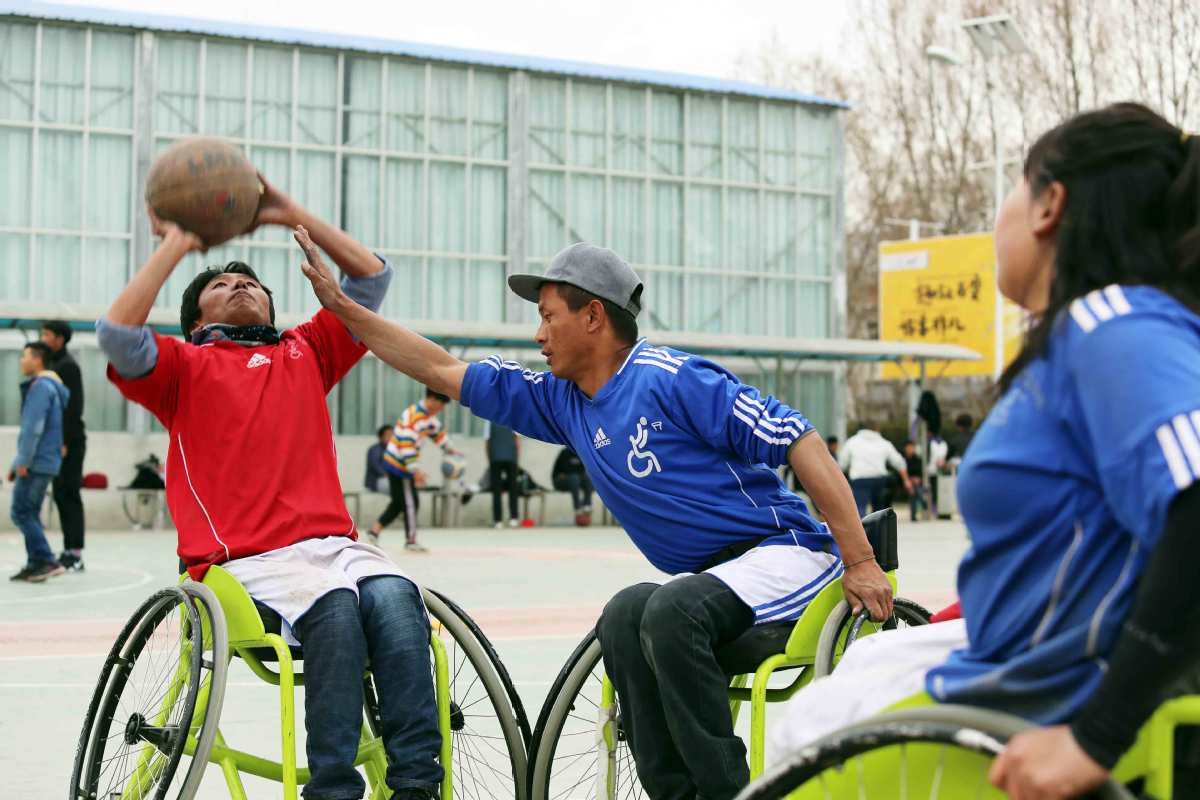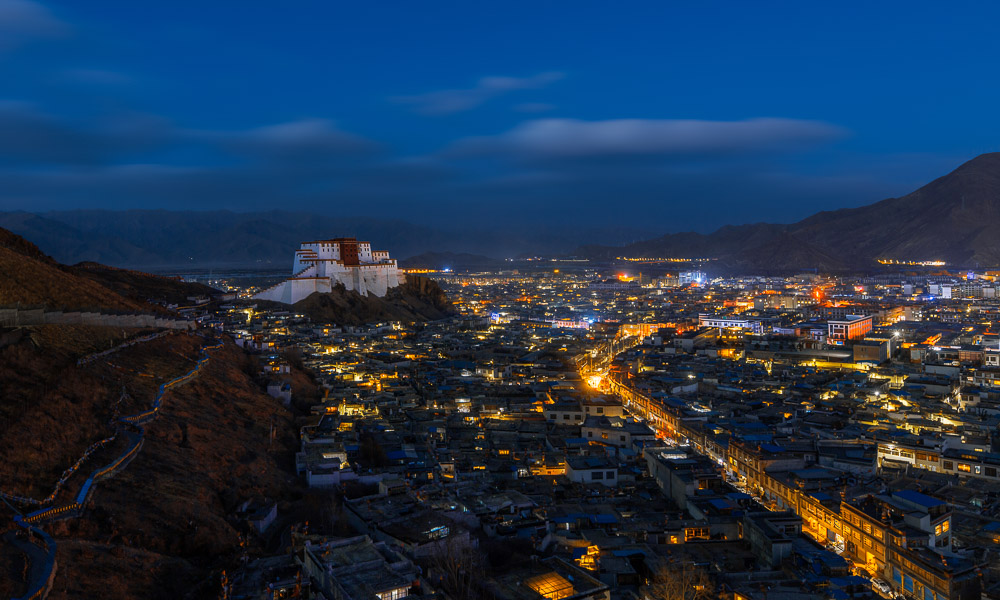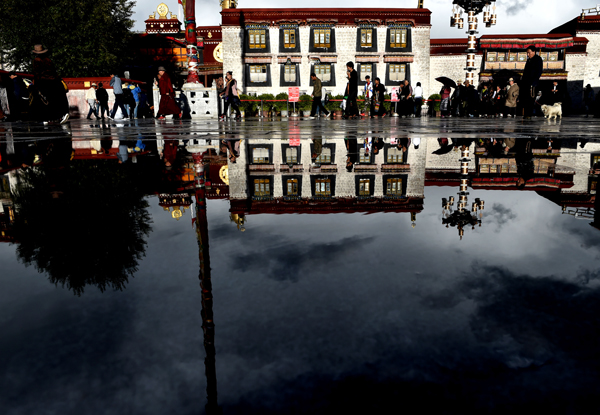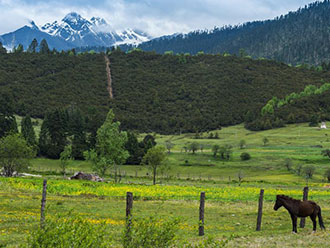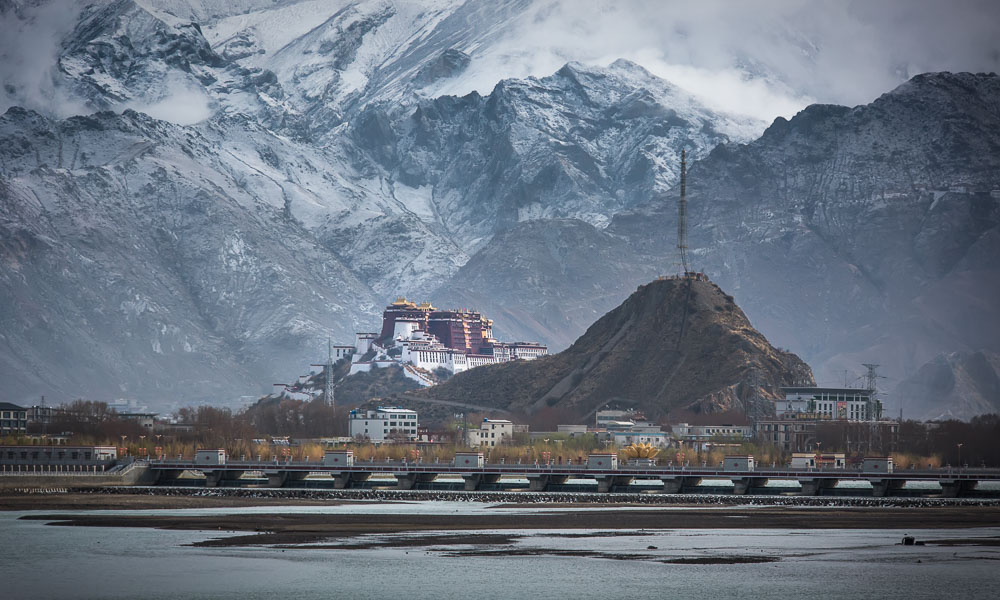Panchen Lama: democratic reform an important turning point for Tibetan Buddhism
Panchen Lama Erdeni Choskyi Gyalpo, a vice chairman of the Buddhist Association of China, said in Beijing recently that the democratic reform in Tibet was not only a great revolution that liberated more than one million of serfs, but also an important turning point in the development and progress of Tibetan Buddhism.
The Panchen Lama said that before democratic reforms were implemented in Tibet, laws in the feudal serfdom at the time, in which politics and religion were combined, divided people into three classes and nine levels. More than one million of serfs and other people suffered cruel political oppression, economic exploitation, and spiritual control from the "three ruling classes" (the then government officials, aristocrats and high-level monks). Tibetan Buddhism was no longer a religious belief but a political tool for serf-owners. They violated the Buddhist doctrines of "compassion from the heart and equality for all living beings".
The Panchen Lama believes that the separation of politics and religion after the democratic reform abolished religious privilege and feudal exploitation and eradicated the shackles restricting the development of productivity. Democratic reforms restored the original appearance of Tibetan Buddhism and promoted it into a "re-expansion period" that is compatible with the socialist society.
The Panchen Lama says he will carry on the Buddhist philosophies of equality for all living beings and compassion from the heart. He will pass on the Tibetan Buddhist tradition of patriotism and love for religion, promote the adaptation of Tibetan Buddhism to the socialist society, unswervingly uphold the unification of the motherland and ethnic unity, and promote people's happiness and well-being.
Editor: Tommy Tan.
Tibet Stories
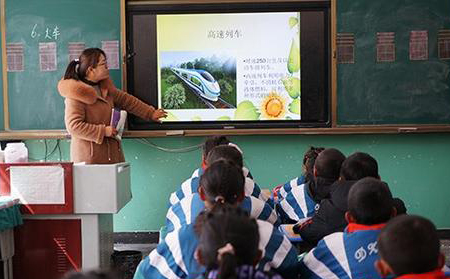
Changes: not just a leap from chalk to digitization
"From white chalk to digitization, what really reassures the parents is not the hardware of ...
